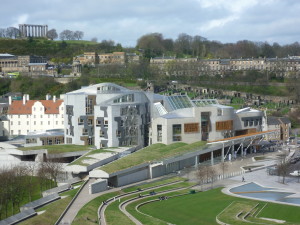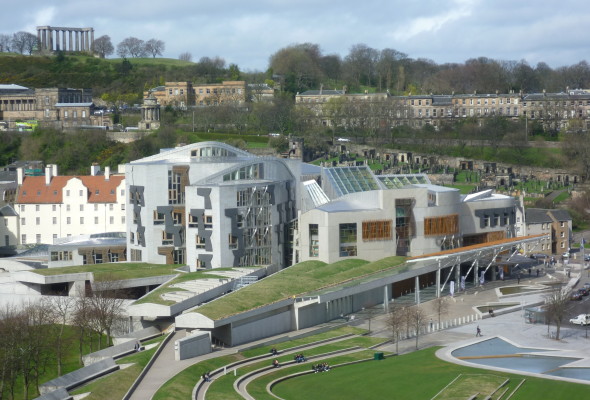 Governments have consistently shown throughout history that they make poor investment decisions and even poorer financial forecasts. Two recent examples in Scotland stand out.
Governments have consistently shown throughout history that they make poor investment decisions and even poorer financial forecasts. Two recent examples in Scotland stand out.
Firstly, the Parliament building in Edinburgh was originally expected to cost somewhere between £10m and £40m, and ended up with a price tag of over £400m. And secondly, the infamous tram network, which was originally supposed to cost £500m for around 20 miles of track and ultimately ran to a total expected bill (including interest) of over £1bn for a much shorter 12 miles of track.
Therefore it comes as no surprise that the BBC announced that Prestwick Airport, bought by the Scottish Government because no private investor was willing to take it on, is now unlikely to start paying back the £25.2m committed to it in loan funding for at least a decade. And remember, this is a government expectation, so ten years is almost certainly optimistic. That’s £25.2m of our money, which could have been used for any number of other productive things, or even returned to hardworking families who are struggling to get by in the form of lower taxes. But instead it is tied up for at least the next ten years in an airport which is so unused and inefficient that it makes millions of pounds in losses annually.
Why Government Investment Doesn’t Work
The main reason that politicians consistently have such a poor track record is that they spend other people’s money on other people, so the incentives to make that spending as efficient as possible are low. If you spend your own money on dinner for yourself, you will try to make sure you get good value for money. But if I give you £20 and tell you to use it to buy dinner for some unknown person, you won’t put nearly as much effort into the decision and are far more likely to end up with something that they don’t even want to eat.
Politicians are not in the business of getting the best value possible for our money. They are in the business of winning popularity contests (or “elections”), and are usually judged on their intentions, not their results, since the results often come long after they are gone. The only way to limit this problem is to allow more investment decisions to be taken by private individuals and companies who are putting their own money at risk, instead of politicians spending our money.
Yes, sometimes the government will make a good investment and we all get to share in the profits, but far more often (in fact, nearly always) government investments make losses and we all end up worse off. The only way to stop that happening is to reduce the power government has over our lives.






